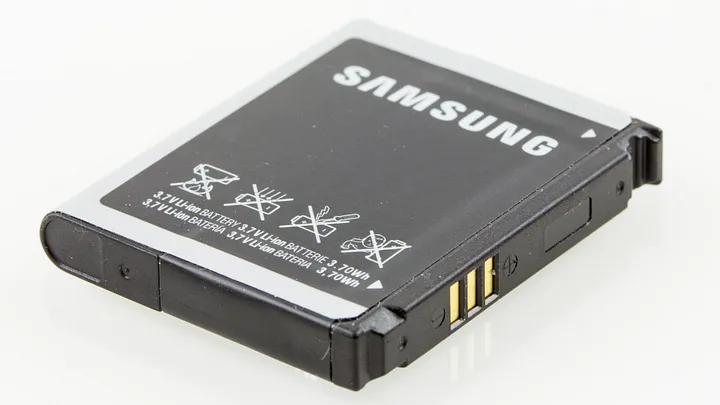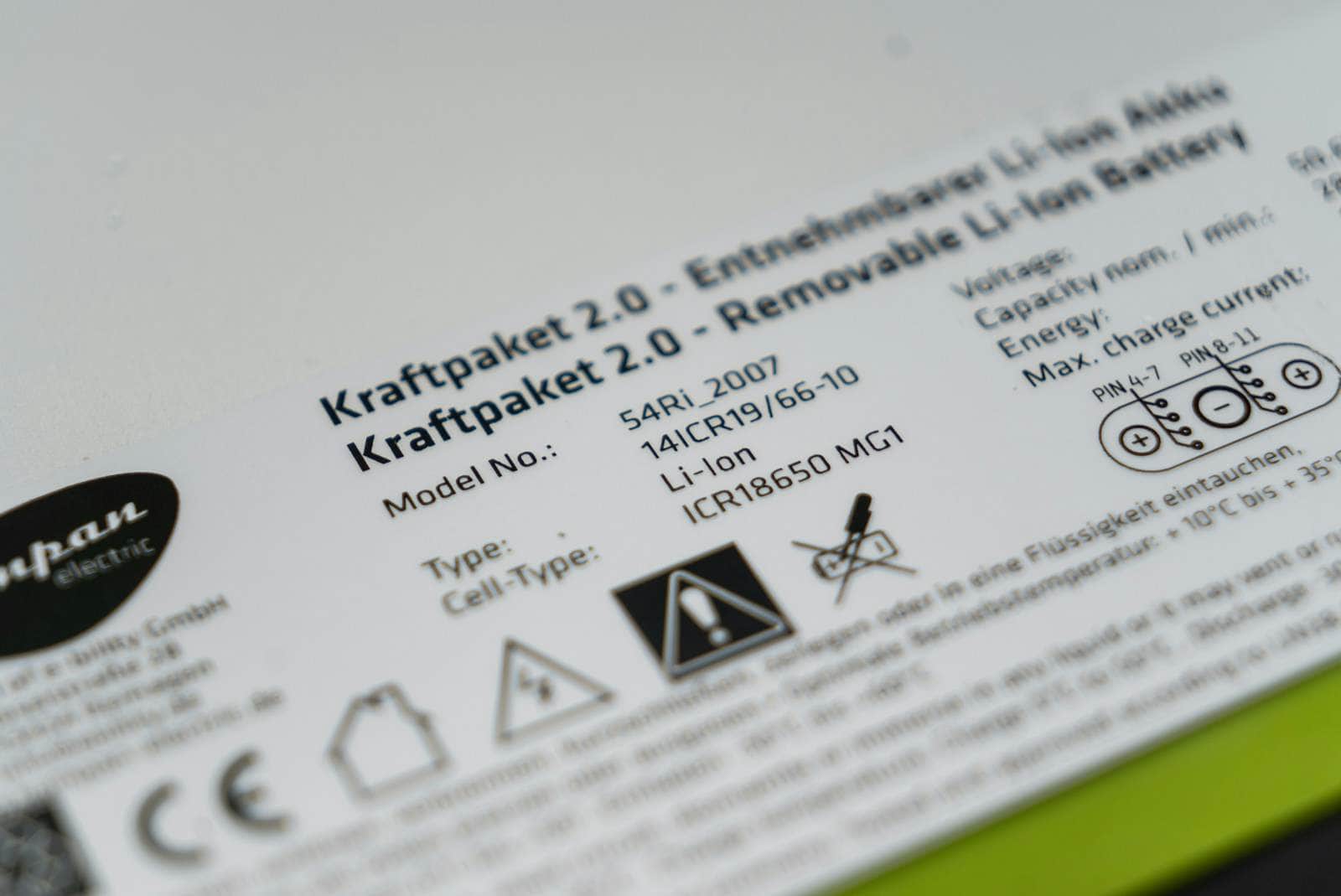It’s always important to dispose of lithium batteries safely and responsibly due to the risks they pose to the environment and how dangerous they can be if mishandled. Lithium batteries are found in old electronics and electric vehicles. To ensure safe disposal, don’t throw lithium batteries in regular garbage bins. Instead, recycle them to recover valuable materials and prevent pollution. Separate lithium batteries from other types of batteries to avoid any reactions.
Use approved containers and follow local guidelines for hazardous waste disposal. Responsible disposal of these batteries protects both our health and the planet. While lithium batteries play a crucial role in modern lives, their improper disposal poses significant environmental and safety risks. This guide provides essential information on how to dispose of lithium batteries safely and responsibly, along with tips for extending their lifespan and reducing waste.

Proper Disposal of Lithium Batteries: A Guide for Responsible Recycling
Why Proper Disposal Matters
Lithium batteries power many devices we use daily, from smartphones and laptops to electric vehicles. However, improper disposal can harm the environment and pose safety risks. These batteries contain hazardous materials that can leak and contaminate soil and water. They can also cause fires if not handled correctly.
Options for Safe Disposal
1. Battery Recycling Centers and Drop-Off Locations
Many retail stores and electronic shops have battery recycling bins or participate in take-back programs. Check with your local stores or search online for nearby battery recycling centers.
2. Mail-In Recycling Programs
Some manufacturers and retailers offer mail-in recycling programs for lithium batteries. This is a convenient option if you don’t have a drop-off location nearby.
3. Community Collection Events
Many communities host periodic household hazardous waste collection events where you can safely dispose of lithium batteries and other hazardous materials.
4. Check with Your Local Government
Your local government or waste management agency may have specific guidelines or programs for disposing of lithium batteries. Check their website or contact them for information.
How to Prepare Batteries for Disposal
Before disposing of lithium batteries, take these safety precautions:
- Tape the Terminals: Cover the battery terminals with clear packing, electrical, or duct tape to prevent short circuits.
- Store Separately: If you’re collecting multiple batteries for disposal, place each one in a separate plastic bag or container to prevent them from touching.
- Do Not Crush or Puncture: Avoid damaging the battery casing, as this can release hazardous materials.
Tips for Responsible Battery Use
- Recharge: Whenever possible, recharge your lithium batteries instead of disposing of them. This extends their lifespan and reduces waste.
- Buy Rechargeable Batteries: Invest in rechargeable batteries for devices that allow it.
- Choose Reputable Brands: Purchase batteries from reputable brands that prioritize safety and environmental responsibility.
- Store Properly: Store batteries in a cool, dry place away from direct sunlight and heat sources.
Table of Lithium Battery Recycling Options
| Disposal Method | Convenience | Accessibility | Notes |
|---|---|---|---|
| Retail Stores/Electronic Shops | Convenient | Varies by location | Check for recycling bins or take-back programs. |
| Mail-In Programs | Convenient | Widely available | Offered by some manufacturers and retailers. |
| Community Collection Events | Less frequent | Check local schedules | Convenient for disposing of multiple types of hazardous waste. |
| Local Government Programs | Varies | Check with your local government | May have specific guidelines or designated drop-off locations. |
Key Takeaways
- Always recycle lithium batteries to avoid pollution.
- Keep lithium batteries separate from other battery types.
- Follow local guidelines for safe disposal.
Understanding Lithium Batteries and Disposal Challenges
Lithium batteries come in different types and have various uses. Improper disposal can lead to environmental harm and safety risks. Regulations and guidelines help ensure safe disposal.
Types of Lithium Batteries and Their Uses
Lithium batteries are categorized into lithium metal and lithium-ion (Li-ion) batteries. Lithium metal batteries are non-rechargeable and often found in watches, cameras, and emergency devices. Li-ion batteries are rechargeable and used in laptops, cellphones, power tools, and electric vehicles. They are also essential in energy storage systems for homes and businesses.
Environmental and Safety Risks Associated with Improper Disposal
Improperly disposed lithium batteries pose fire hazards and environmental risks. They can react and ignite if damaged or exposed to heat. When thrown into regular trash, these batteries can release hazardous materials like cobalt and lithium, contaminating soil and water. This leads to environmental pollution and can harm human health. Recycling lithium batteries is essential to recover valuable materials and reduce pollution.
Regulations and Guidelines for Lithium Battery Disposal
Various guidelines direct the disposal of lithium batteries safely. The U.S. Environmental Protection Agency (EPA) classifies many lithium batteries as hazardous waste due to their reactivity. Regulations require proper labeling and storage to prevent ignition hazards. Programs like Call2Recycle and local hazardous waste facilities offer safe disposal options. Cover battery terminals with tape and pack them in plastic bags before taking them to disposal sites.
Alternatives to Lithium Batteries
The demand for lithium batteries is increasing with the growing popularity of electric vehicles and renewable energy storage. However, concerns about lithium’s environmental impact and resource scarcity have sparked interest in alternative battery technologies. Some promising alternatives include:
- Sodium-ion batteries: These batteries use sodium, a more abundant and less expensive element than lithium, as the charge carrier. While not as energy-dense as lithium-ion batteries, they offer a more sustainable and cost-effective option.
- Solid-state batteries: These batteries replace the liquid electrolyte in traditional lithium-ion batteries with a solid material. This improves safety, energy density, and potentially lifespan.
- Flow batteries: These batteries store energy in external tanks of liquid electrolytes, making them scalable and suitable for large-scale energy storage.
- Metal-air batteries: These batteries use metal and air as the reactants, offering high energy density but face challenges in rechargeability and stability.
- Other emerging technologies: Researchers are also exploring various other battery technologies, such as magnesium-ion, zinc-air, and even seawater batteries.
While lithium-ion batteries currently dominate the market, these alternative technologies hold the potential to revolutionize energy storage in the future, offering more sustainable, safer, and potentially more powerful options.
Frequently Asked Questions
Learn how to dispose of lithium batteries safely and responsibly. Follow these steps and guidelines to ensure proper handling and recycling of lithium batteries.
What are the steps for disposing of lithium batteries at home?
First, make sure the battery is fully discharged. Next, place the battery in a clear plastic bag. Finally, take the bagged battery to a designated recycling facility or a collection event in your community.
How can individuals recycle lithium batteries for cash?
Many stores offer cash or store credit in exchange for old lithium batteries. Check with local electronics stores or major retailers like Best Buy. Some scrap metal dealers may also buy used lithium batteries.
What is the safest way to store lithium batteries in the household?
Keep lithium batteries in a cool, dry place. Avoid areas with high temperatures or direct sunlight. Store batteries in a non-metal container and ensure the terminals are covered to prevent short-circuiting.
How should you handle a leaking lithium battery before disposal?
Wear gloves and place the leaking battery in a sealed plastic bag. Avoid touching any leaking material. Immediately bring the battery to a hazardous waste disposal site. Do not throw it in the regular trash.
Which locations accept lithium batteries for recycling?
You can recycle lithium batteries at electronic stores, recycling centers, or hazardous waste facilities. Some community events also collect used batteries. Always check with local authorities for specific drop-off locations.
What are the potential hazards associated with lithium-ion battery disposal?
Lithium-ion batteries can cause fires and release harmful chemicals if not disposed of properly. They pose risks due to their ignitability and reactivity. Always follow proper disposal methods to prevent environmental harm and health risks.







